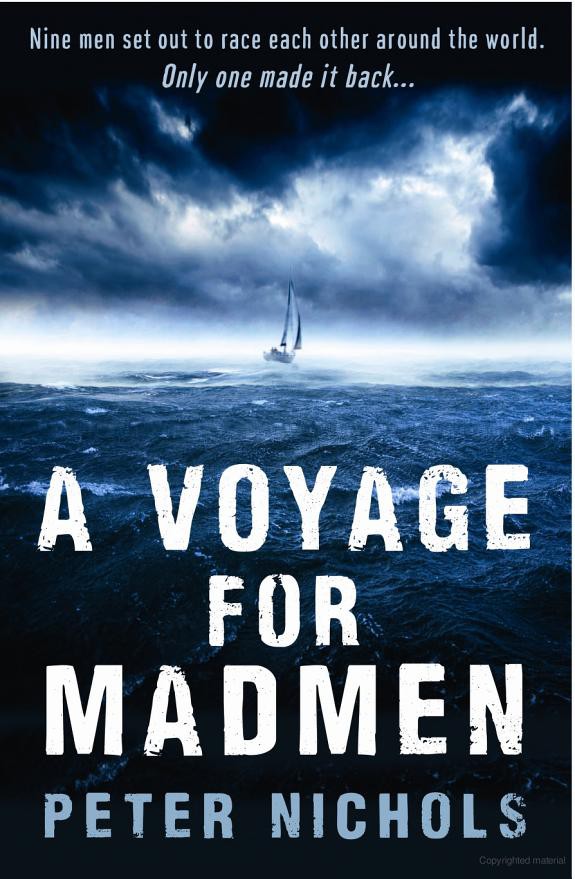
A Voyage for Madmen PDF
Preview A Voyage for Madmen
In the psychedelic summer of 1968, as Apollo 8 soared toward the moon and the Democratic Convention crashed in Chicago, nine men tried finally to accomplish the sailor's age-old ultimate goal: a solo, nonstop circumnavigation of the world. Nichols (Sea Change) deftly introduces myriad aspects of a voyage that promised "dubious, unquantifiable" rewards. He insightfully contextualizes the endeavor as an offshoot of Sir Francis Chichester's famous 1967 solo circumnavigation (with one stop), which represented to England a "longed-for" heroism. Detailing the British media's successful exploitation of the so-called race, he approaches the voyage as the remarkable result of nine men wishing to outdo Chichester. Nichols painstakingly describes the enormous difficulty of solo navigation in the pre-global positioning system of the 1960s. These "hardcase egomaniacs driven by complex desires and vainglory to attempt an extreme, life-threatening endeavor" used only rudimentary equipment and their wits. Nichols is at his liveliest when describing the only two participants who "were really happy aboard their boats": the French-Asian Bernard Moitessier, the most skilled sailor, whose mystical seamanship brings surprises, and the British Robin Knox-Johnson, who was energized during his journey by the memory of "the Elizabethan sea heroes of his youth." Nichols also delivers a compelling portrait of English Donald Crowhurst, an electronics engineer whose "supercharged personality" wreaked havoc on the entire race. While Nichols's pace is neither breakneck nor suspenseful, his careful details and psychological insight make for a riveting account of the triumphant human spirit. 16-page photo insert, 8 maps.
Copyright 2001 Cahners Business Information, Inc.
From BooklistIn 1968 there remained one major nautical challenge yet to be accomplished: sailing single-handedly nonstop around the world. Nine men set out to achieve it in one of the most widely publicized yacht races. What could possess nine otherwise sane and responsible men to risk their lives, careers, and the well-being of their families by undertaking such a reckless endeavor? Nichols introduces the reader to the contestants, giving a vivid portrayal of the men attempting the feat. He expertly tells their individual stories in great detail: why they entered the race, what they had staked on winning, and their struggles at sea. He weaves their story together to form a comprehensive account of the race that reads like a suspense novel. Readers will eagerly turn the pages to discover how some were defeated by the ocean or the race's harsh rules and the lengths to which one contestant went to be declared the winner. An interesting slice of history that makes for a worthy seagoing adventure story. Gavin Quinn
Copyright © American Library Association. All rights reserved
